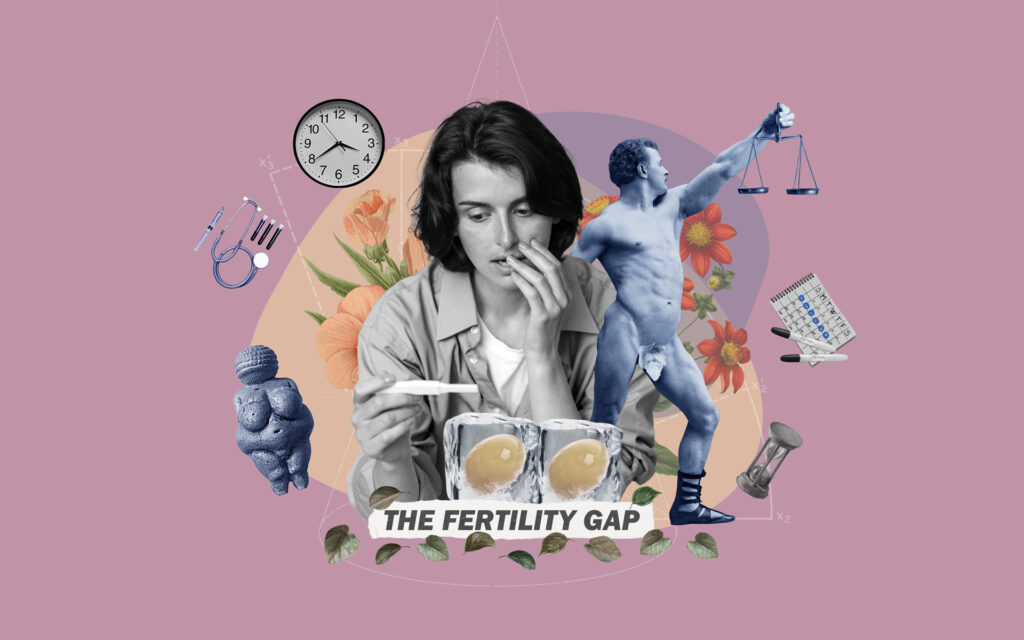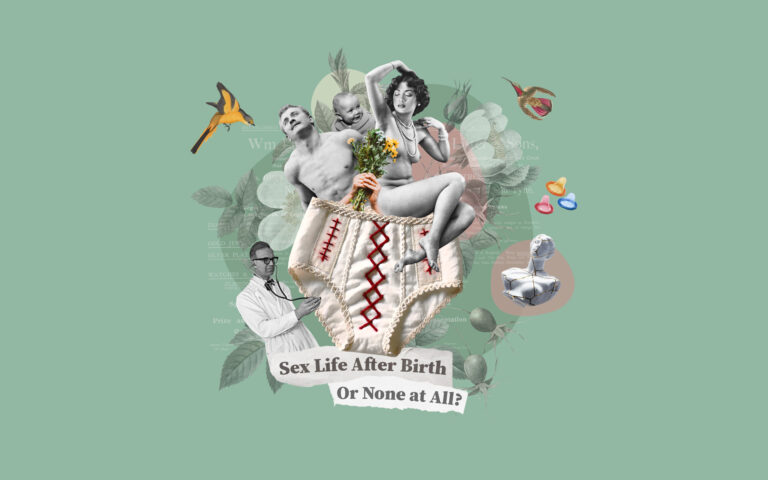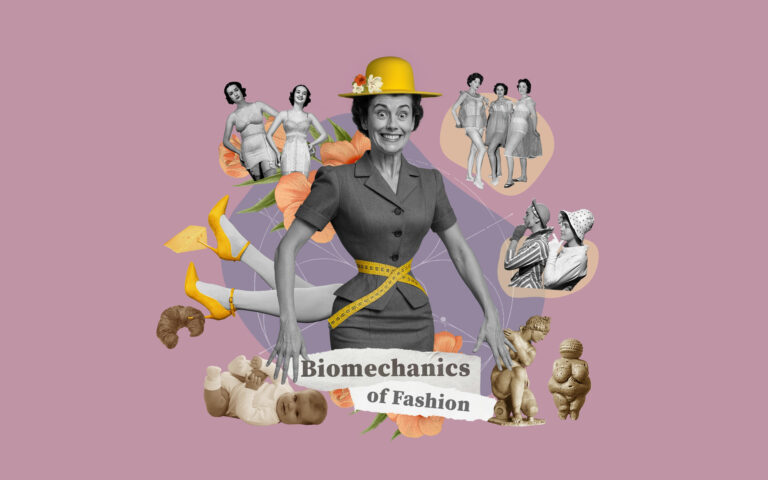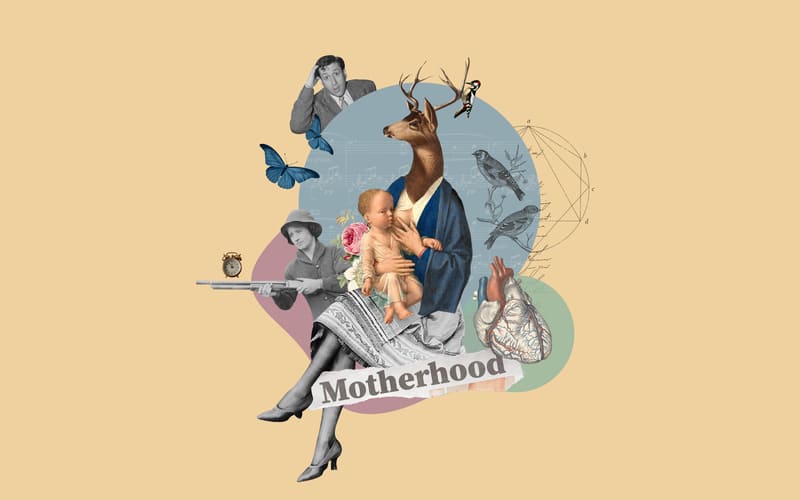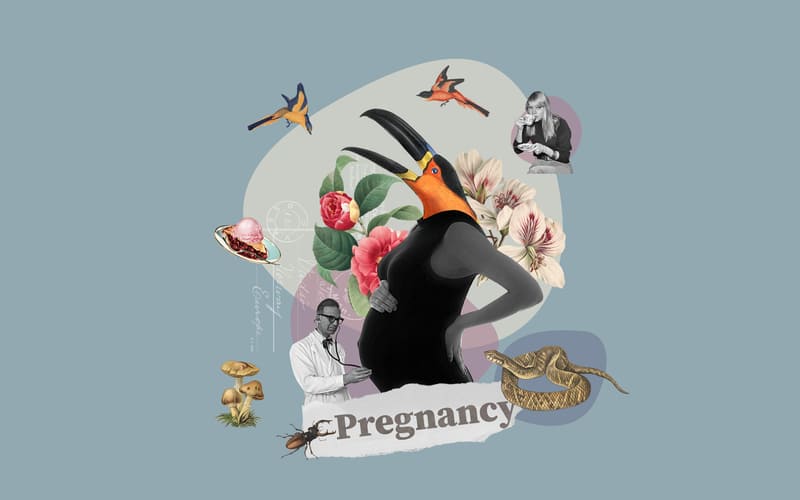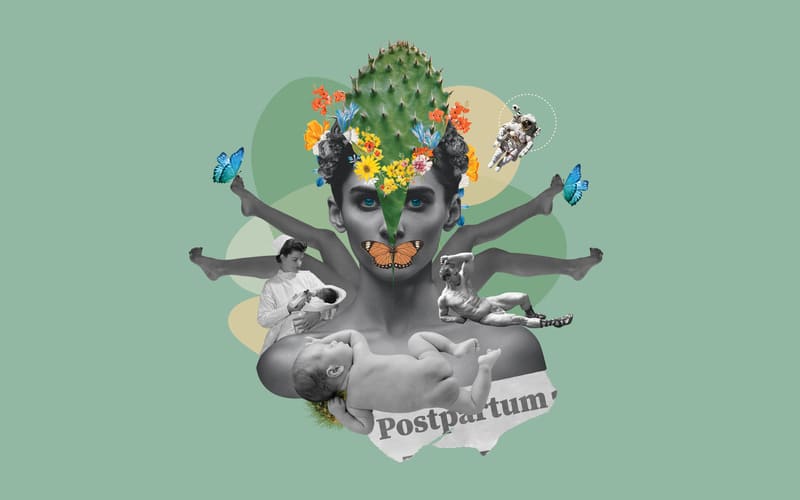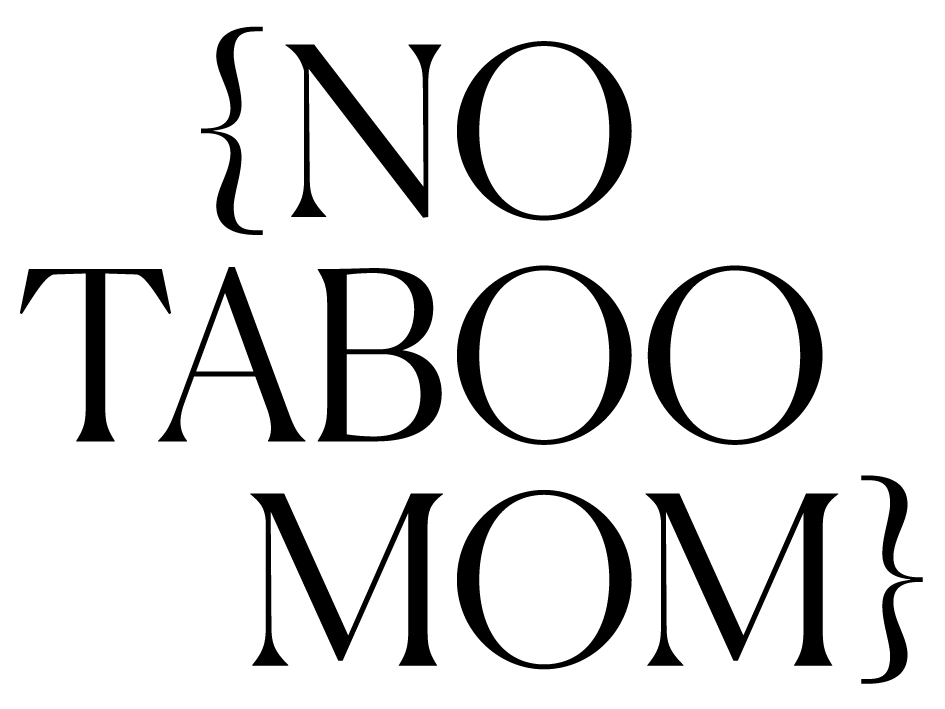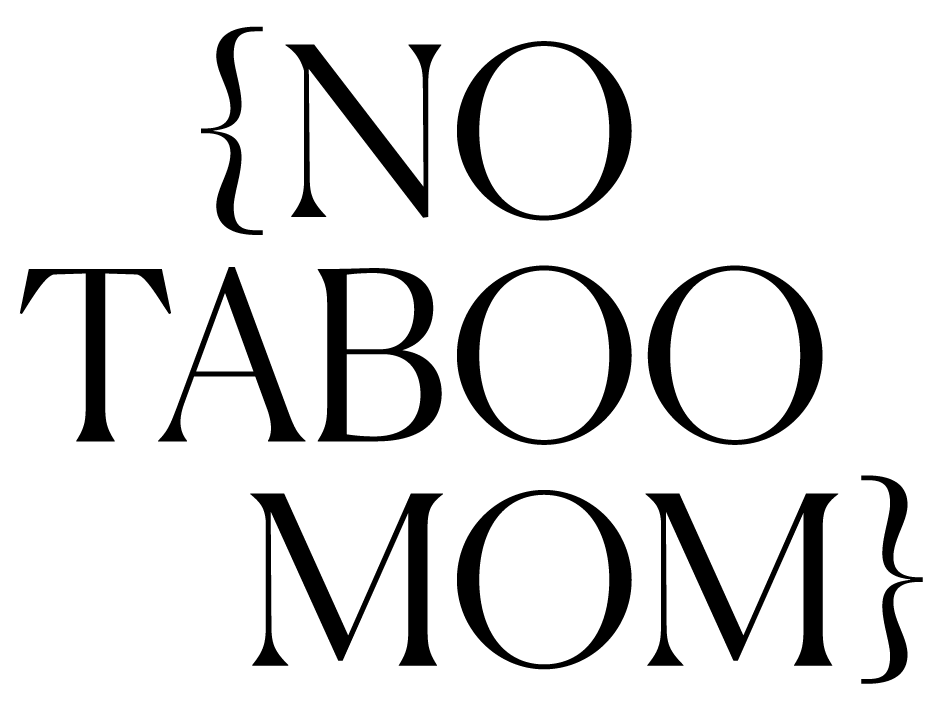Let’s address an uncomfortable truth that doesn’t get nearly enough attention: when it comes to fertility, the playing field between men and women is not equal. Despite the progressive push toward 50/50 dynamics in relationships, careers, parenting, and household responsibilities, biology never got the memo. And when it comes to having kids, biology still holds the trump card.
This isn’t a gripe or a complaint-it’s a reality check.
Many women are at a pivotal stage in life, trying to build careers, maintain meaningful relationships, and pursue personal goals. Yet quietly in the background, there’s an invisible countdown ticking. And that ticking clock? It’s not just metaphorical. It’s a biological deadline that affects everything from family planning to mental health.
Women Face a Fertility Deadline That Men Don’t
Here’s the biology: female fertility starts to decline gradually in the late 20s and more significantly after 35. By age 40, the chance of conceiving naturally in any given cycle is around 5%. That’s not a fear tactic-it’s a medical fact.
Meanwhile, men can remain fertile well into their 50s, 60s, and even 70s. Yes, sperm quality does decline with age, and there are associated risks, but let’s be clear: men are rarely confronted with the same existential pressure about their fertility. Society doesn’t push men to make fertility-related decisions in their early 30s. For women, though? The pressure is crushing.
The Illusion of Equality
We’ve made significant strides toward gender equality. Women are starting businesses, leading companies, earning degrees, and breaking glass ceilings. But when it comes to reproductive biology, no amount of social progress can override Mother Nature.
The narrative that everything in modern life should be 50/50 overlooks a fundamental truth: equality doesn’t mean sameness. Expecting women to operate on the same reproductive timeline as men is not just unrealistic-it’s harmful.
This isn’t about blaming men. It’s about acknowledging the difference. It’s about giving women the space and support they need to make informed, empowered choices-without being gaslit by the myth of perfect parity.
The Real Cost of Fertility Planning
Let’s talk about egg freezing. It’s often touted as a solution, a sort of biological insurance policy. And while it can be a powerful tool, it comes at a high price-financially, physically, and emotionally.
The average cost of one cycle of egg freezing can range from $10,000 to $15,000, not including storage fees (prices may vary depending on location, clinic, and what’s included — for more details, see the references and further reading at the end of this article). And it usually takes more than one cycle to retrieve a viable number of eggs. The hormones, injections, and retrieval process are physically demanding. Add to that the emotional toll of making such a serious decision without a partner, without guarantees, and often under pressure.
This isn’t a quick fix. It’s a complicated, expensive, and emotionally loaded process.
And yet, it’s one of the few options women have if they want to preserve the possibility of motherhood.
The Mental Load Is Real
Think about the internal monologue many women carry:
– “Should I freeze my eggs now?”
– “What if I wait too long?”
– “Can I afford this?”
– “Will I regret not doing it?”
– “What if I never meet the right person in time?”
These are not fleeting thoughts. They are ongoing, heavy, and often private conversations happening in the minds of millions of women. And the weight of those thoughts impacts everything else-from career decisions to dating dynamics to long-term planning.
Why Aren’t We Talking About This?
We talk openly about so many things now: mental health, sexuality, body image, workplace inequality. And yet, fertility-especially female fertility-remains a quiet, almost taboo subject.
Why?
Maybe because it forces us to confront the uncomfortable reality that women can’t “have it all” in the same way men can. Maybe because it challenges the illusion that biology can be bent to our will. Maybe because it reveals just how far we still have to go in terms of support systems, education, and resources.
What Needs to Change
It starts with honest conversations. We need to:
– Normalize fertility education in our 20s, not our 30s.
– Remove the stigma around fertility preservation.
– Support women financially. – Talk to men, too.
– Create a cultural shift.
The Power of Choice
Empowerment isn’t about denying biology. It’s about working with it. It’s about giving women real choices, backed by real support. It’s about making space for the messy, complex, and deeply personal journey that is fertility.
We shouldn’t have to apologize for wanting kids and a career. We shouldn’t have to sacrifice one for the other. But the window of opportunity doesn’t stay open forever, and pretending it does is not empowerment-it’s delusion.
This isn’t doom and gloom. It’s about realism, resilience, and responsibility. It’s about women recognizing their own timelines and feeling strong enough to make proactive choices.
A Final Word
I’m at the point where I have to think seriously about my own fertility. That means making decisions now that my male peers may not have to think about for another decade-if at all.
And I’m not bitter. I’m not jealous. I’m awake.
Awake to the truth that the 50/50 model doesn’t apply to everything. Awake to the fact that biology is not sexist, it’s just science. Awake to the urgency of this conversation.
So let’s talk about it. Let’s stop pretending everything is equal when it’s clearly not. Let’s give women the knowledge, tools, and support to navigate their own reproductive realities.
Because ignoring biology doesn’t change it. But confronting it? That might just change everything.
References & Further reading:
What Does Egg Freezing Really Cost? A Global Comparison:
United States:
Investopedia: Notes that egg freezing costs typically range from $5,000 to $15,000 per cycle, excluding storage fees, which are about $1,000 per year.
Germany:
Fertility Center Berlin: Around €4,000 per cycle, including medication, stimulation, egg retrieval, freezing, and anaesthesia.
UK: London Women’s Clinic: Estimates the total treatment cost for one cycle of egg freezing to be between £5,500 and £6,000.
Did you like this article?
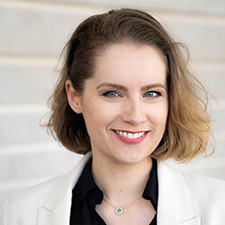
Meet the Author
Julia Wagner is a founder, CEO, and thought leader on a mission to transform the future of work and life for women, starting with truth-telling. As the driving force behind Recruiterforce and a vocal advocate for female empowerment, Julia blends business acumen with bold advocacy to challenge outdated norms, particularly around career, fertility, and equity. With a background in building scalable HR solutions and empowering startups to enterprise-level organizations, Julia brings a no-nonsense approach to leadership. She speaks from experience, balancing the high-stakes world of entrepreneurship with the unspoken pressures modern women face. Her writing is known for being direct, data-informed, and deeply personal. She pushes past platitudes to spark real conversations. Julia doesn’t sugarcoat reality. She confronts it. And in doing so, she gives other women the permission and power to do the same.

